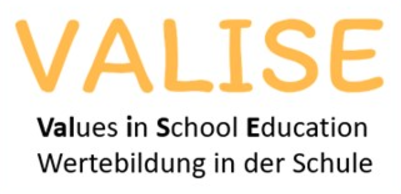Authors:
Ricarda Scholz-Kuhn, Thomas Peter Oeschger
Goal of the report:
This report describes selected findings from the VALISE project’s research into value formation in Swiss primary schools.
Findings:
- Children’s value structure and priorities
The study showed that young children exhibited value structures similar to older children and adults (i.e., in line with the homepage circle). It was also shown that as children grew older, their values became more defined and structured. Like in adults, Benevolence (caring for others) was the most important value for children, while power (status and control) was ranked lowest. Gender differences were observed, with girls prioritising security and universalism more than boys. However, as boys aged their values became more aligned with the girls, placing a greater emphasis on universalism. - Teachers’ value-related educational goals
Teachers ranked benevolence as the most important value to promote among their students, while power was deemed the least important - Connections between values and behaviour
The study found that already at this young age of 6-7, children tend to act according to their values. Children who valued universalism and benevolence more than others, were also supportive to others like helping their classmates. Children who valued security and tradition more than others, were also disciplined. For example, they followed the rules. Children who valued self-direction and stimulation more than others, were also learning-oriented. For example, they showed curiosity and intellectual exploration. While it was expected that children who value achievement and power more than others would show more achievement-oriented behaviour in the classroom, the results of the study were unable to support this expectation. - Values in school mission statements
An analysis of Swiss-German primary school mission statements showed that universalism, benevolence, and self-enhancement values were most frequently emphasised.
